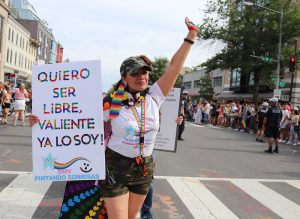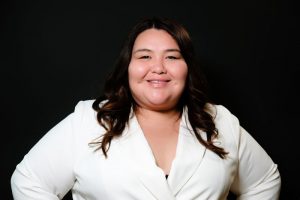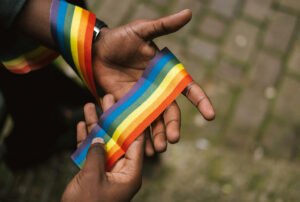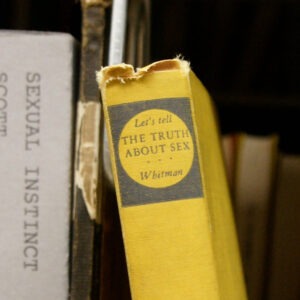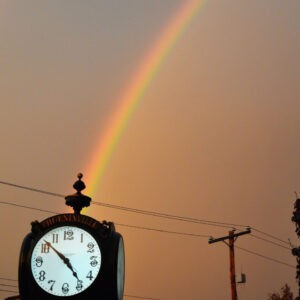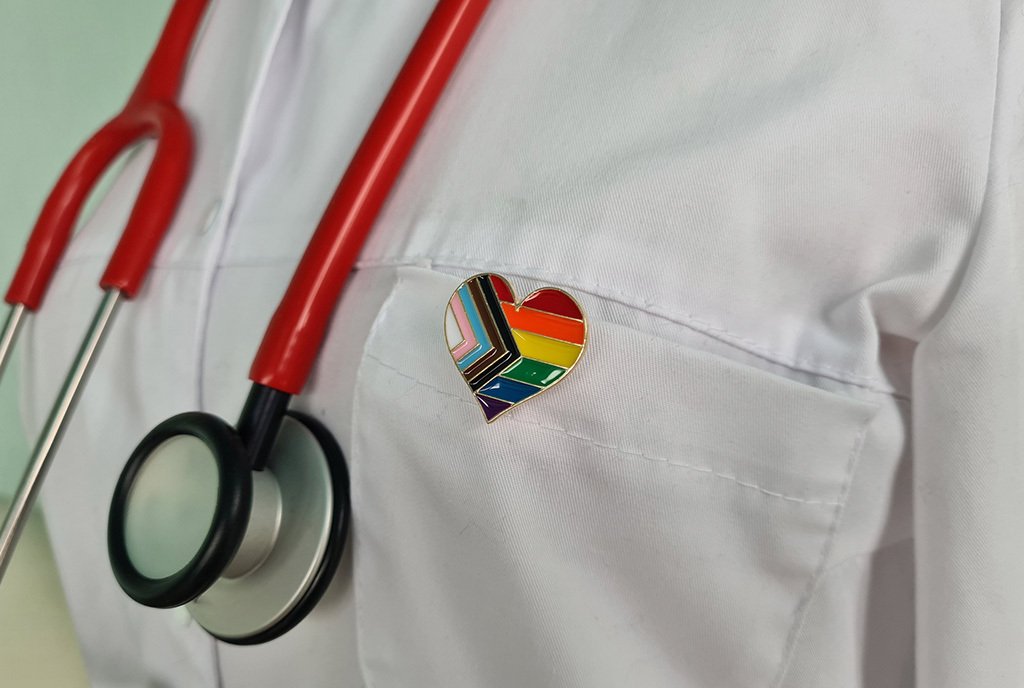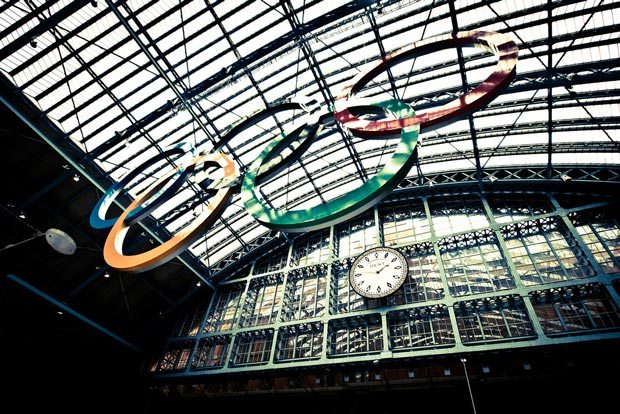
August 17, 2017, Japan Times
The 2020 Tokyo Olympic and Paralympic Games already have a winner. The Tokyo-based nonprofit LGBT advocacy organization Good Aging Yells is preparing a “hospitality venue” for LGBT athletes and fans called Pride House Tokyo.
“We want to leave a legacy by opening up the world of sports (to diversity) at the Tokyo Olympics,” Gon Matsunaka, the 41-year-old founder and head of Good Aging Yells, said Wednesday.
The Pride House International movement began during the 2010 Winter Olympic and Paralympic Games in Vancouver. It has not always been easy. Their request to organize a Pride House in Russia during the 2014 Sochi Winter Olympic Games was denied (NPQ reported about the hostilities). Instead, remote Pride Houses were organized in cooperation with the Russian LGBT Sport Federation.
It will not necessarily be easy in Japan either. LGBT Japanese are not protected by national civil rights laws and have no legal recourse when they face discrimination in such areas as employment, education, housing, health care, and banking. Japan Times reported,
Sign up for our free newsletters
Subscribe to NPQ's newsletters to have our top stories delivered directly to your inbox.
By signing up, you agree to our privacy policy and terms of use, and to receive messages from NPQ and our partners.
About 1 in every 13 people is believed to be LGBT in Japan, according to a 2015 nationwide survey conducted by advertisement agency Dentsu Inc. that covered 70,000 people. But openly LGBT athletes remain rare in the country.
However, Japan is a party to the United Nations International Covenant on Civil and Political Rights (ICCPR), which comprehensively bans discrimination. Also, the International Olympic Committee’s Olympic Charter prohibits discrimination based on sexual orientation. Some say the International Olympic Committee should resist countries that have anti-LGBT laws the same way it excluded South Africa during its years of enforcing an apartheid system.
Good Aging Yells is a consortium member of Sport for Tomorrow, a Japanese government consortium comprising personnel from the Japanese Ministry of Foreign Affairs and the Japan Sports Agency. Leading up to the 2020 Olympic Games, Sport for Tomorrow is sending coaches and equipment to some 100 countries “to enrich the sporting environment.”
Arguably one of the most memorable moments of the Rio 2016 Games was when rugby player Isadora Cerullo, a member of the Brazilian women’s team, accepted Marjorie Enya’s joyful on-field marriage proposal. Brazil lost to Australia, but Isadora and Marjorie began life together. Human Rights Campaign estimated at least 42 openly LGBT Olympians—up from 23 in London 2012—competed in the Rio 2016 games. Brazilian model Lea T, became the first transgender person to participate in the Olympics opening ceremonies when she led the Brazilian team into the Maracanã Stadium on her bike during the 2016 Rio Olympics.
Pride House Tokyo would surely welcome encouragement and support from around the world. Japanese partners include Tokyo Rainbow Pride, Nijiiro Diversity, JaNP+ (Japanese Network of People Living with HIV/AIDS), Place Tokyo, ReBit, and Rainbow Reel Tokyo. NPQ is pleased to see efforts to make major world events more inclusive and supportive for all participants. – James Schaffer



